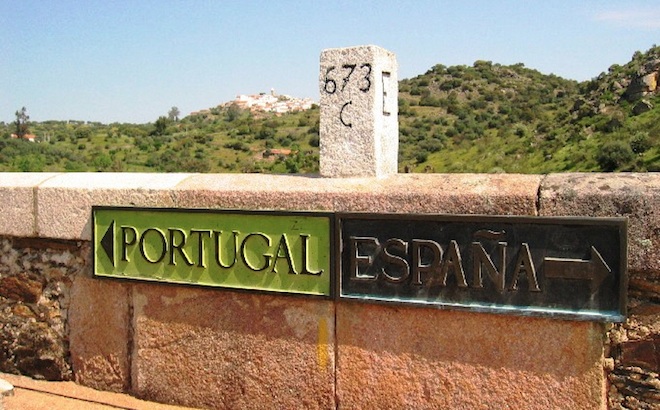
Symbols of Portugal: False friends
The more students we welcome in our school, the more we realize how little the world knows about Portugal and Portuguese culture in comparison to other European countries. Indeed, if asked, any random traveler could describe France, Germany, the UK, Switzerland, Poland, or any other nation of the old continent. They would be able to list at least three different elements related to the people, the food or the history of these countries. Ask the same person if they have ever heard of Portugal, they will pause for a moment, think … and conclude it must be similar to Spain: siesta, fiesta, and sun. If you think it is sad to reduce Spain to these characteristics, imagine how Portuguese people feel when they hear this. Of course, being in the South of Europe, Portugal and Spain share a certain Latin way of living. However, Portugal has been maintaining its own identity for a long time. Since 1143, to be exact, when it was separated from Spain, which makes Portugal the country with the oldest borders in Europe. And so, we thought it might be interesting to cover Portugal’s most famous symbols in our blog, to give you an idea of how unique Portuguese culture is.
Let’s start with the greatest symbol of all, the one that interests us most at Portuguese Connection Language School : the Language.
We have collected a list of Spanish-Portuguese false friends, to show you it can be dangerous to assume that you can go around in Portugal speaking Spanish …
For example, if you want to talk about years, be sure to leave out the “~” as you say “ano”. Indeed, the Spanish “año” pronounced à la Portuguese sounds like “anho”, which means “lamb”. Some cultures do measure time by moons or seasons, but your interlocuter might crack a smile if you start telling them you are “34 lambs old” ...
Here is the list, we'll leave it up to you to imagine what an awkward situation you might find yourself in...
Next in the Symbols of Portugal series: Pastel de Nata !


